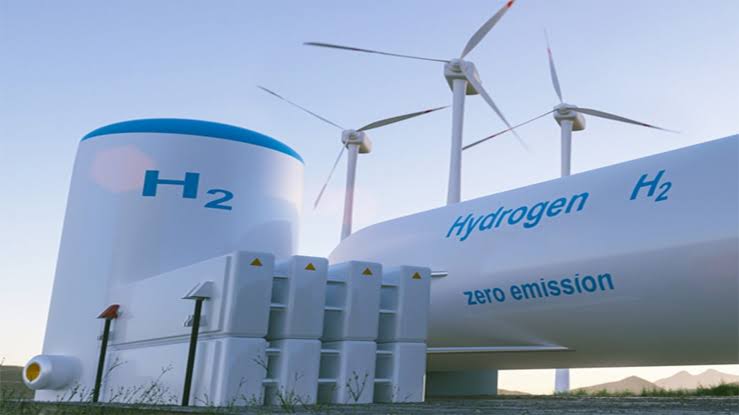There is global concern over the effects climate change will have on planet Earth.
The same concern makes sustainable energy solutions with zero emissions in high demand.
Hydrogen is acknowledged as a pillar of net zero economies.
Obtaining green hydrogen, using fossil fuels, will save the 830 million tonnes of carbon dioxide emitted into the air annually, according to the Paris-based International Energy Agency.
It provides clean power for manufacturing, transport and more.
Indeed, the European Union will invest $430 billion in green hydrogen by 2030.
Like many countries, such as Japan, Germany, Saudi Arabia, Chile and Australia, Egypt is investing heavily in green hydrogen.
While the populous Arab nation prepares to host the UN climate conference, COP27, this November in Sharm el-Sheikh, it works hard to implement green hydrogen projects.
The Suez Canal Authority revealed last month some details about its first project to produce green hydrogen locally in the industrial zone in Sokhna.
It is worth mentioning that green hydrogen is important in that, it has a wide range of uses.
It can be used in industry, stored in gas pipelines to power household appliances, and power electric devices and vehicles.
“Utilising low-carbon hydrogen is a crucial step on the road to mitigating the effects of climate change,” Minister of International Co-operation, Rania el-Mashat, said recently.
“This is clear with Egypt moving ahead with increasing dependence on clean and renewable energy,” she added.
The government is expected to announce a $40-billion hydrogen strategy this year. The new strategy will include a production capacity of 1,400MW by 2030.
Several green hydrogen schemes are also being planned in the country, including a 1GW liquid organic hydrogen carrier hub in East Port Said. It will be implemented by the US-based H2 Industries.
The European Bank for Reconstruction and Development signed last month a memorandum of understanding with the Ministry of Electricity and Renewable Energy and the Ministry of Petroleum and Mineral Resources to establish a framework for assessing the potential of low-carbon hydrogen supply chains.
Meanwhile, Egypt spares no effort in becoming a regional energy hub. This comes at a time Europe tries to wean itself off Russian gas. Egyptian liquefied natural gas is already of interest to European companies.
Egypt has at least five known active green hydrogen projects under development, including a green hydrogen pilot project to be developed with Siemens Energy.
Last year, Norway’s Scatec and UAE-based Fertiglobe also agreed with the Sovereign Fund of Egypt to develop a 50MW-100MW facility to produce green hydrogen in Egypt.
Egypt-based Taqa Power and Germany’s MAN Energy Solutions also agreed last year to undertake a pilot project to produce green hydrogen to fuel tourist buses in Egypt.






Discussion about this post